It is often believed that exercise and pregnancy don’t mix. But according to perinatal yoga teacher Rehana Jawadwala – author of Why Pregnancy and Postnatal Exercise Matter – exercise is crucial for a healthy pregnancy and birth
Gone are the days when traditional patriarchal terms such as ‘delicate’, ‘vulnerable’ and (my pet peeve), ‘a vessel for new life’ were how we were made to believe pregnancy was all about.
In fact, our bodies are far more resilient and adaptable than previously thought.
The demands placed on our body as we exercise are not detrimental to our pregnancy, in fact the adaptations we get from being active help our pregnancy journey and certainly aid birth and recovery.
The demands placed on our body as we exercise are not detrimental to our pregnancy
Growing evidence on the positive benefits of exercise during pregnancy has prompted Canadian guidelines to be updated with a clear call to make exercise during pregnancy an important and imperative part of their care strategy.
We in the UK and elsewhere too, must heed these new studies and make physical activity an important part of our care during pregnancy.
We need to make a cultural shift in the way we see physical activity during pregnancy.
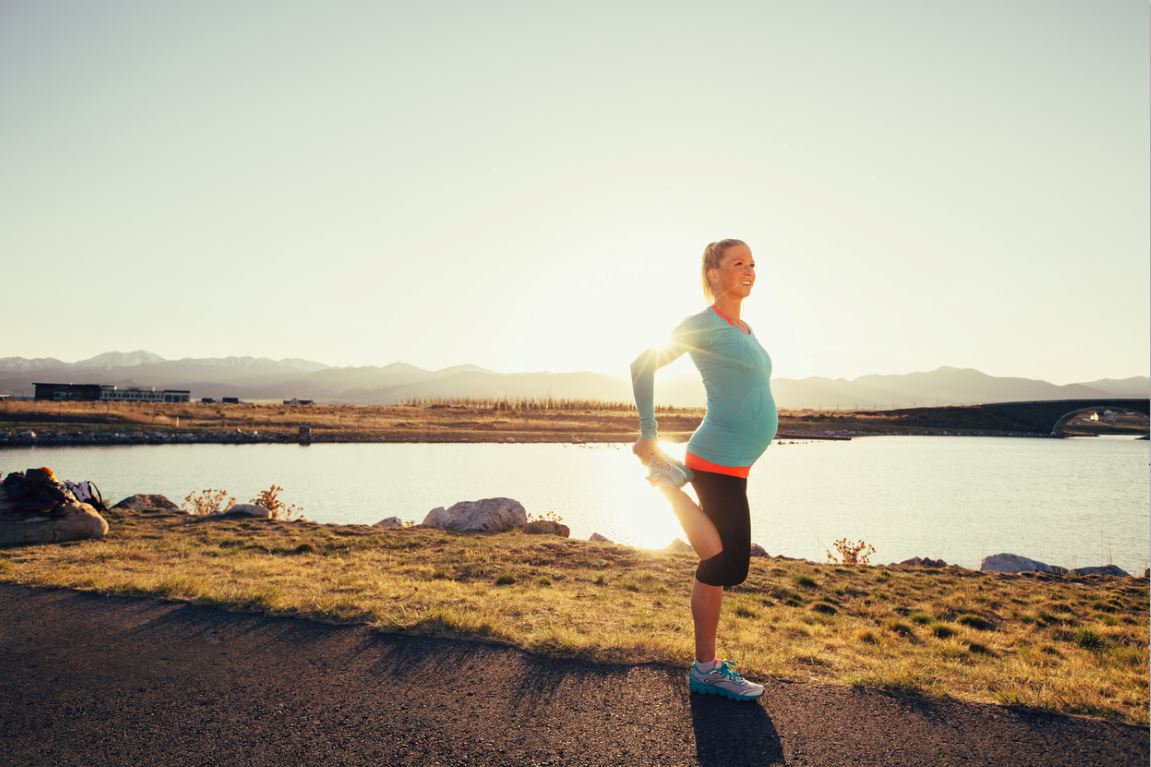
Why is exercise important during pregnancy?
Physiologically, mentally and emotionally giving birth surpasses some of the most extreme endurance events.
Yet, we don’t have a culture of making sure we are prepared to give birth with all the physical strength and endurance that is needed in order to give birth.
In order to build this endurance, most research points to a simple paradigm that maintaining an active pregnancy will allow your body to be able to cope with the demands of birth.
giving birth surpasses some of the most extreme endurance events
You may also feel less fatigue and require less pain relief or interventions at birth, making it safer for you and your baby.
Physical activity during early pregnancy helps to create a highly functional placenta that is capable of withstanding the demands of exercise and growing the baby.
This high functioning placenta has many advantages for your baby too and if anything, is protective against miscarrying, not the other way around.
Exercise during the latter part of pregnancy ensures that you are constantly in tune with your changing body and can move with ease and comfort, reducing your risk of falling and increasing your ability to perform all your daily activities.
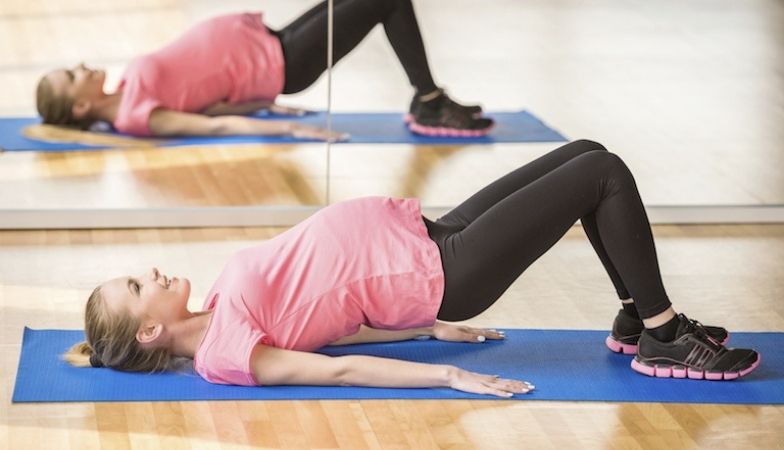
What sort of exercise should we be during pregnancy?
There is no one activity that is better than the other. The important thing is you move your body more and spend less time sitting down.
Be it ballet or swimming, do what appeals to you as it will help you stick to your goal of being more active.
Having said that, research points to certain physiological advantages we can get when we do activities that include building strength, endurance and flexibility.
Allowing for your exercise to build on all these parameters will keep your physical health rounded, varied and enjoyable.
Making time for some weight training along with walks and swims will help you keep your body composition in balance by maintaining lean tissue that helps protect against risks of diabetes and hypertension.
Also, mobility and flexibility exercises such as yoga and Pilates help in allowing for better functional capacity as your body changes.
make sure you can talk in full sentences throughout your exercise session
However, you might find that exercises you used to enjoy pre-pregnancy could become harder or impossible due to the changes in your body and hormonal levels.
Learn to listen to your body, slow down and rest if you feel you need to. At the same time just because you are pregnant doesn’t mean you have to now wrap yourself in cotton wool.
If you can keep up your jogging or weight training then you should but do aim to lower your intensity if you were used to intense exercise.
Activities such as swimming will help you feel less tired compared to a run of the same intensity as buoyancy of the water will help you carry your pregnancy weight more easily.
A good way to know you are not over doing it, is to make sure you can talk in full sentences throughout your exercise session.
Also, incorporating activities such as yoga and meditation will allow you to recognise and manage your mental and emotional changes that invariably affect us during pregnancy due to the changes that pregnancy hormones bring.
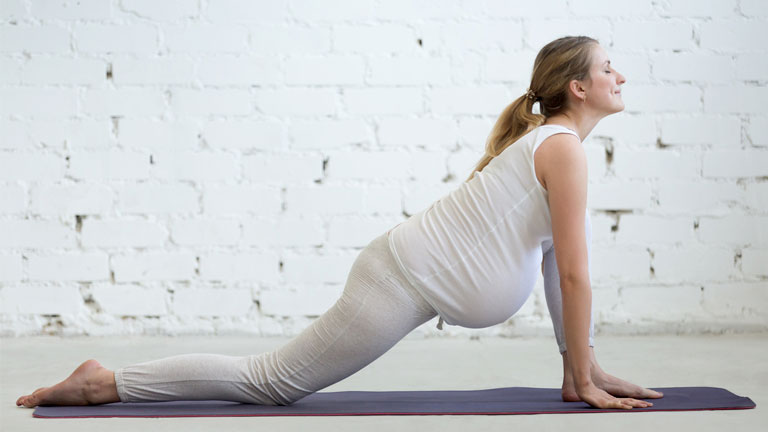
Use the principle of FIT-M movement during pregnancy
Over the years I have worked with a variety of techniques to help people maintain physically active lifestyles.
I have found that using the FIT-M principle is a simple way of ensuring exercise doesn’t become a chore or a bore.
This principle of FIT-M movement is breaking down your exercise into frequency (F), intensity (I), time (T) and mode (M), and then mixing the elements up.
frequency (F), intensity (I), time (T) and mode (M)
You don’t need to spend more time being active to get more out of it. There are other ways to improve your fitness than just going for an hour’s walk.
For example, you can increase the intensity of the exercise when you have less time (duration) or fewer free days (frequency). It is the overall effect that counts.
Knowing this allows you to keep active without having to compromise your lifestyle or exercise on days when you don’t feel up to it.
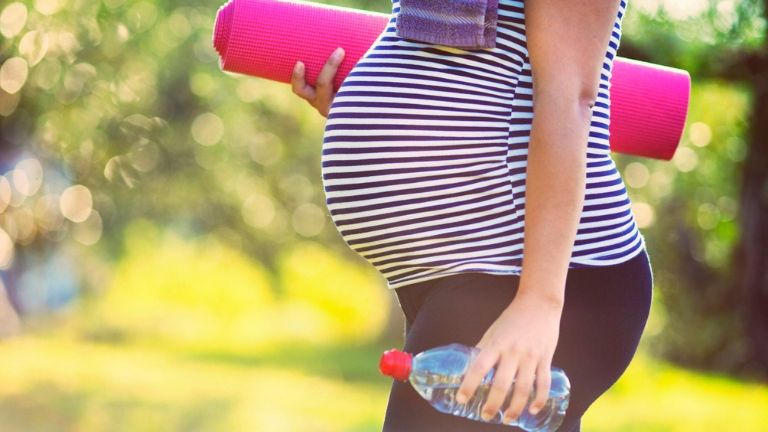
The trick is to create a habit of thinking and consciously incorporating physical activity within your day so that it is no longer something you need to carve out time for.
As you get used to moving more, you will notice that each week you can manage a certain number of days or an average frequency (F) of some sort of exercise programme.
As you establish the frequency, then on a daily basis you can determine how much or how little time (T) you have on that particular day. You can choose to increase intensity (I) if you have less time or take it slow if you have more.
Slowly aim to move more often, by a small amount every day
Finally, based on the frequency, intensity and time modifications you can choose the mode (M) of exercise.
Could you do some quick weights on a high-intensity less time day, or could you go for a lovely park walk on a low-intensity more time day?
Slowly aim to move more often, by a small amount every day. You can play around with FIT-M and get an overall incremental benefit of physical activity which will shield you against the health risks of staying sedentary.
Recent studies have shown that exercise reduces your baby’s risk of adult onset diabetes, heart problems, mammary tumours and Alzheimer’s.
Therefore, your simple choice of being more active will make a big difference not just in keeping you healthy throughout your pregnancy and birth, but will also benefit your baby (maybe even for generations ahead).
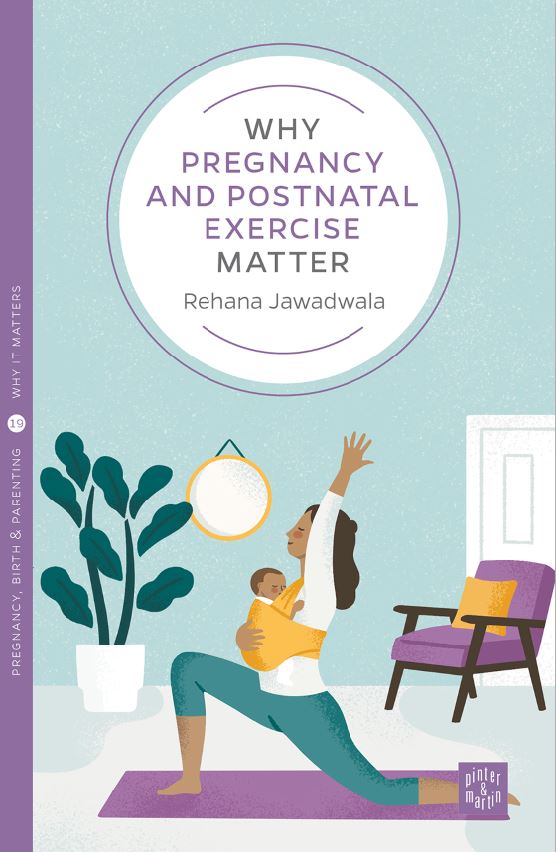
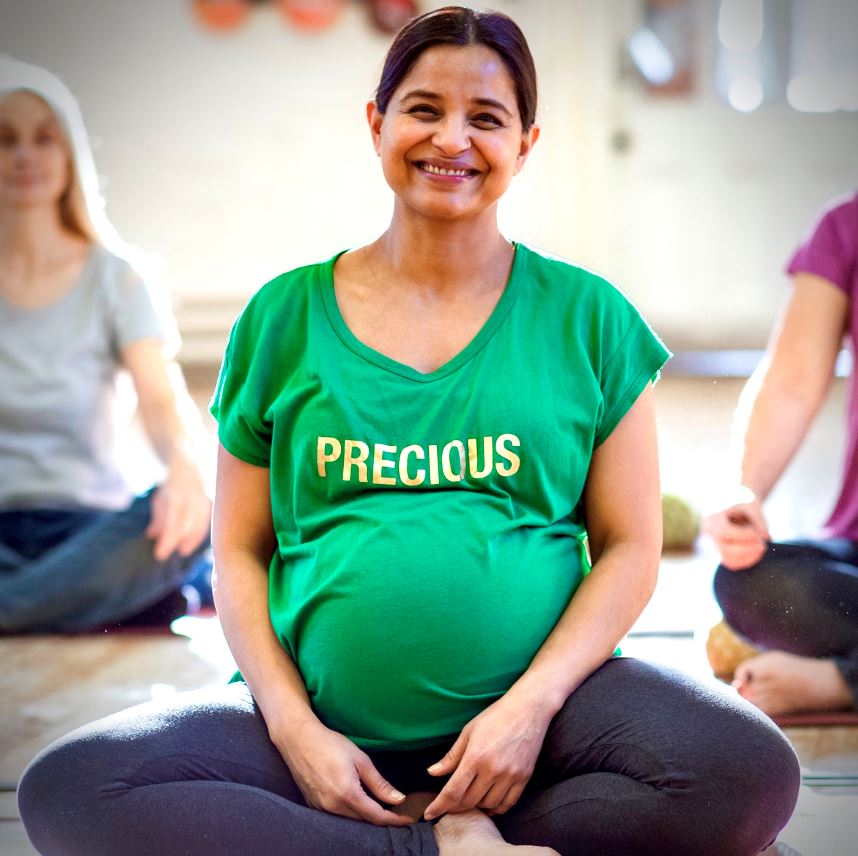
Why Pregnancy & Postnatal Exercise Matter by Rehana Jawadwala is published by Pinter & Martin £8.99 and is also available to buy on Amazon.
Rehana Jawadwala is the founder of MummyYoga, a specialist pregnancy and postnatal yoga practice service. Rehana has a PhD in exercise physiology and nutrition and more than 20 years of experience in health, physical activity and nutrition.
She is an active member of her local NHS trust, Maternity Voices Partnership initiative that empowers women in her community to be engaged with the maternity services they access.
Rehana lives with her young family in Chester. https://mummyyoga.com/
Instagram @mummyyoga
Facebook: @mummyyoga
Related Healthista Content:
Pilates for pregnancy to keep you active in your third trimester
How to eat during pregnancy – an expert’s guide
Content You May Also Like:
5 best meal replacement shakes
Is this new supplement the closest thing we have to a wonder pill?
3 ways CBD can improve your sex life
Why is my hair falling out? 5 causes of hair loss and exactly what to do
